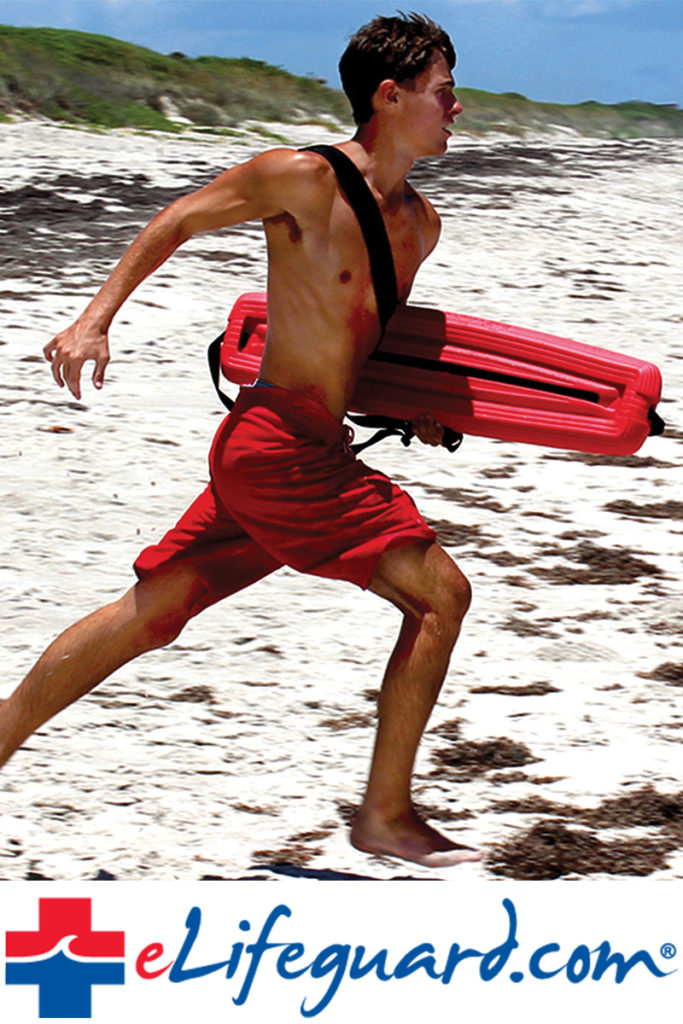Is Coronavirus Being Spread With Mouth-to-Mouth Resuscitation?
Let’s face it — there’s a lot of uncertainty and questions right now. From “Can we go to the beach?” to “Should I wear a mask there?”, we’re seeing all kinds of questions about beaches and pools reopening in several different states. We’ll start with a common one: Does mouth-to-mouth resuscitation spread coronavirus?
How it’s spread
 While there are no definites given the “newness” of COVID-19, research tells us that it is spread in these ways:
While there are no definites given the “newness” of COVID-19, research tells us that it is spread in these ways:
- Saliva droplets. Sneezes and coughs propel saliva droplets into the air, and this can quickly transmit the coronavirus when it comes from someone who carries the infection.
- Surfaces. It is believed that coronavirus spreads when you touch a surface that a coronavirus carrier has sneezed or coughed on.
- Contact. Some researchers believe that mere contact with someone who has coronavirus can transmit the virus.
Mouth-to-mouth resuscitation
 The traditional method of mouth-to-mouth resuscitation is not necessarily as prevalent in today’s world. In fact, Tom Gill, spokesperson for the United States Lifesaving Association, has overruled that logic. He says, “No lifeguard should be doing mouth-to-mouth ever. Every lifeguard at a minimum should have a face mask to use as a protective barrier.”
The traditional method of mouth-to-mouth resuscitation is not necessarily as prevalent in today’s world. In fact, Tom Gill, spokesperson for the United States Lifesaving Association, has overruled that logic. He says, “No lifeguard should be doing mouth-to-mouth ever. Every lifeguard at a minimum should have a face mask to use as a protective barrier.”
 That’s not to say that mouth-to-mouth resuscitation is obsolete, but there are definitely safer, healthier ways around it. We recommend using something like a bag valve mask to give you a protective barrier for rescues.
That’s not to say that mouth-to-mouth resuscitation is obsolete, but there are definitely safer, healthier ways around it. We recommend using something like a bag valve mask to give you a protective barrier for rescues.
When it comes down to it, mouth-to-mouth resuscitation may be able to spread the coronavirus, so it’s important that lifeguards are performing these kinds of rescues only when entirely necessary and using protective barriers at all times.
To be sure that you are not missing out on any of our lifeguard videos & stories, please subscribe to our newsletter here.
For videos, articles, & events about lifeguarding related industry topics, visit www.lifeguardtv.com





